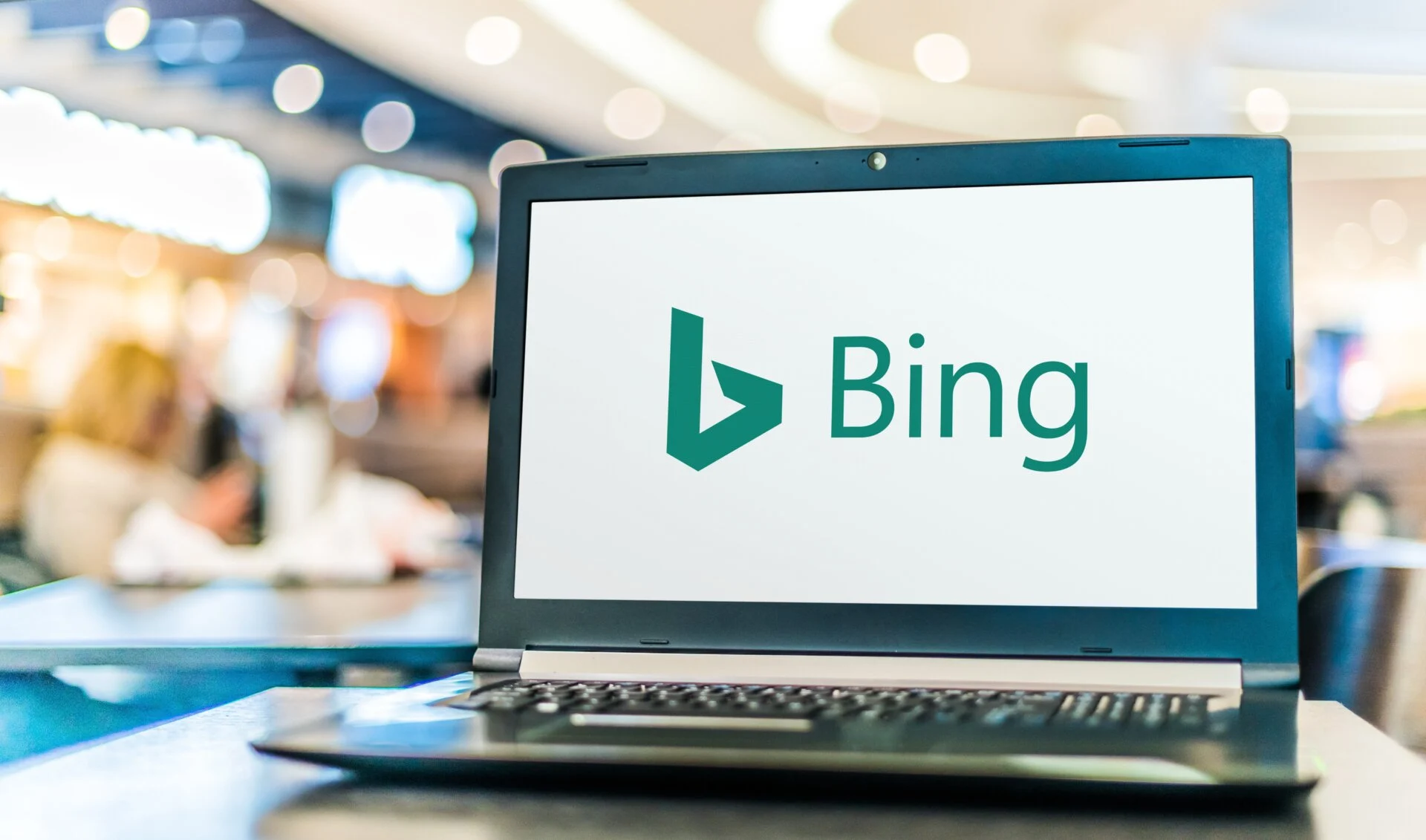Microsoft has officially launched its new Bing search engine integrated with ChatGPT, marking a significant step in the evolution of search technology. This update aims to revolutionize how people interact with the internet, providing more comprehensive answers, a new chat experience, and the ability to generate content. The integration of ChatGPT, developed by OpenAI, into Bing is designed to enhance search capabilities and make them more intuitive and conversational.
The new Bing is powered by a next-generation OpenAI large language model that surpasses ChatGPT in power and is specifically customized for search applications. Microsoft has developed a proprietary method, called the Prometheus model, to optimize the OpenAI model's performance. This combination results in a search engine that is faster, more accurate, and more capable of delivering relevant results.
One of the key improvements is the enhanced search experience. The updated Bing provides more relevant results for simple queries, such as sports scores, stock prices, and weather updates. Additionally, it includes a new sidebar that offers more comprehensive answers for users who need them. For more complex searches, such as planning detailed trip itineraries or researching products, Bing offers an interactive chat experience. This feature allows users to refine their searches by asking for more details, clarity, and ideas, complete with links to take immediate action.
Microsoft is also integrating the chatbot technology into its Edge browser, creating a unified experience across search, browsing, and chat. This integration allows users to access the new Bing features from anywhere on the web. Satya Nadella, Chairman and CEO of Microsoft, emphasized that AI would fundamentally change every software category, starting with search. He described Bing and Edge as AI co-pilots designed to help people get more from search and the web.
The launch of the new Bing represents a major advancement in search engine technology, potentially disrupting Google's dominance in the market. By incorporating AI, Microsoft aims to provide a more efficient and user-friendly search experience. Carolina Milanesi, from the Heart of Tech, noted that using AI to augment the exchange between humans and search engines could lead to new monetization and advertising models.
The new Bing was initially available in preview to a limited number of desktop users who signed up. Microsoft has plans to scale the technology to millions of users in the coming weeks and eventually extend it to the Bing and Edge smartphone apps. As the AI-powered search engine becomes more widely available, it is expected to transform how people find and interact with information online.

















